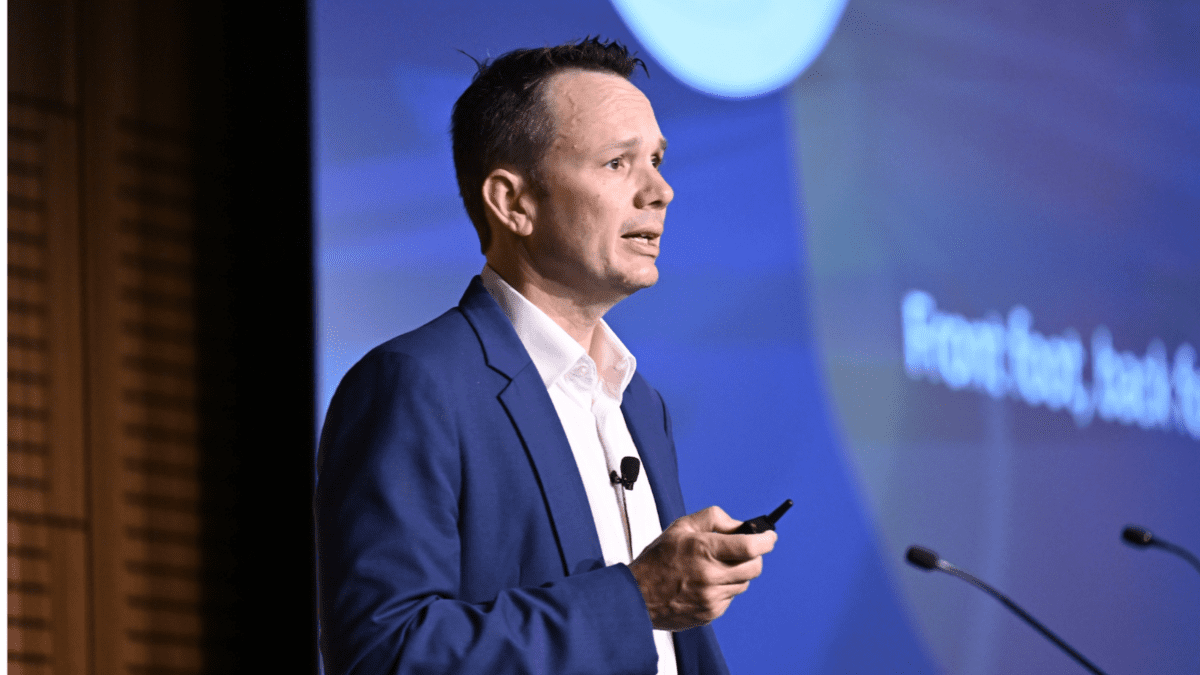Advisers cram in the clients, but have more support than ever
The dynamics of the advice industry continue to evolve, as the client cohort, regulatory landscape and the provision of technology coalesce to alter the shape of practices across the country. In 2024, this means more clients, more revenue and more support staff than ever according to data from research group Business Health.
In conjunction with the Financial Advice Association of Australia, Business Health recently produced its By The Numbers report on the state of the industry. Amidst “overwhelmingly positive” feedback from advice clients was a clear trend in advice towards allocating more clients to servicing advisers, with the average number of clients per adviser climbing to 141.
Unsurprisingly, as advisers have taken more clients onto their books, the average revenue per licensed adviser has climbed to $3,852, an eight per cent increase since 2020.
The increased adoption of technology, and the way in which advice practices are getting a better handle on using the available systems, goes some way to explaining their ability to handle such swollen client books. Clients are also much more willing to conduct meetings from home following a shift that came out of the pandemic, which has given advisers more freedom to service clients outside of the office.
But the missing driver facilitating this increased ability to service more clients is a willingness from advice practices to put more support staff around their advisers, Business Health says. The number of support staff has risen 50 per cent from exactly one per adviser in 2020 to 1.5 per adviser in 2024.
This significant increase suggests a shift in roles and responsibilities within advice practices, the consultancy group says, as advisers move further away from time-consuming administrative tasks and pass more of the background work onto paraplanners, in favour of spending more time in front of current and potential clients. A related factor is the ongoing prevalence of outsourced personnel solutions, with offices in The Philippines, India and Malaysia offering back-office services for around one-eighth of the on-shore cost.
The 50 per cent uplift in support staff also suggests, however, that there might be more room for efficiency in the Australian advice practice ecosystem.
“This may be an area that practice owners should review. A higher ratio could suggest areas where greater efficiency could be achieved,” says Business Health principal, Rod Bertino. “On the other hand, a lower ratio could mean that advisers are doing some of the admin’ work and not making best use of their time.”
The biggest challenge for advisers remains finding enough quality staff to fill those extra positions, Bertino continues. Two thirds of practice owners say they’ll be looking to hire in the next 12 months.
While demand and growth are reasonable predictors for the expansion of advice teams in terms of personnel, the need to meet compliance benchmarks is still a significant driver according to FAAA general manager of memberships, Tania Milnes.
“We know that operating a successful practice has become increasingly challenging in recent years, as advisers balance the need to be sustainable and profitable with the regulatory red tape and the cost of providing advice,” Milnes commented.











